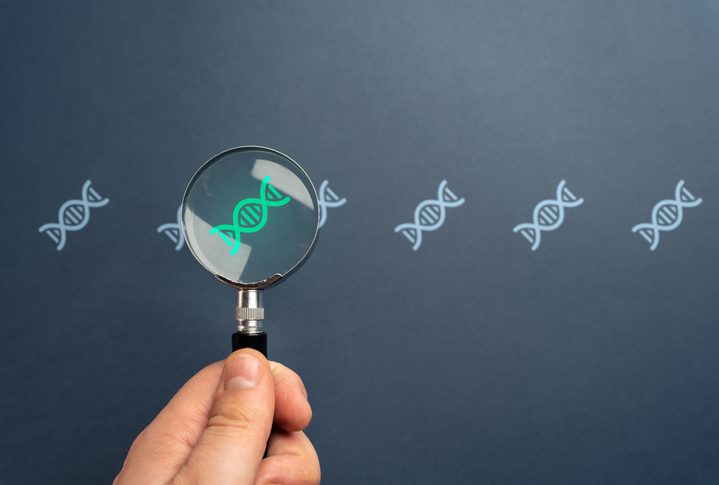Can a Personality Test Reveal Your Propensity for Addiction?
You have probably taken a personality test at one time or another.
Maybe it was one of the many silly “tests” that show up on social media. They ask you a few questions about yourself and then reveal which member of the cast of Friends or Buffy the Vampire Slayer you are or which of the Harry Potter houses you belong to.
Or maybe it was the kind of personality test that often shows up in schools or workplaces, like the Myers-Briggs Type Indicator. These sorts of personality sorters are often used to help members of a group or team understand their own and each other’s strengths and weaknesses so that they can interact and work together in ways that benefit everyone.
To date, researchers have been unable to establish an addictive personality that can be consistently identified via something akin to the Myers-Briggs process. But they have identified a number of personality characteristics that appear to be common to those who are at a higher risk of developing a substance use disorder.
Let’s take a look at some of these characteristics.
Difficulties Around Self-Regulation, Impulsivity, and Levels of Constraint
It probably comes as no surprise that folks who struggle to manage their emotions, control their impulses, and stop pursuing a negative course once they have begun are among those who are most likely to struggle with drugs or alcohol.
When you experience difficulties with self-regulation, you might make decisions that are not in keeping with your personal values. You might not effectively cope with challenging emotions, and you might be beset by feelings of anxiety.
All of those things are linked to impulsivity—the tendency to engage in an unplanned activity or behavior without considering the risks or potential consequences. The idea of delayed gratification—that is, that one doesn’t have to pursue every possible course that pops into one’s mind immediately and without forethought—is often difficult for impulsive individuals to grapple with. And it can be maddingly difficult to stop doing something—no matter how potentially harmful—once you have started doing it.
A Sense of Nonconformity and an Attraction to Risk and Thrills
Folks who consider themselves nonconformists are often in search of ways to express the ways in which they see the world differently from others. Meanwhile, risk takers are eager to find unusual and thrilling experiences that provide a rush of adrenaline and excitement.
For both nonconformists and risk takers (and for those who are both), drugs or alcohol can seem appealing. The nonconformist might see substance use as a way to set themselves apart from the mainstream. The risk taker may just be attracted to the combination of danger and intense sensation that drugs can provide.
Limited Stress Tolerance, Substantial Negative Emotionality, and a Tendency to Shift Blame
If you have a low tolerance for stress, if your emotions tend to run toward the negative, and if you have a hard time taking responsibility for mistakes or difficult situations you may have caused, you might be tempted to turn to drugs or alcohol as a way to deal with those things.
Substance use can seem like a quick and easy way to “self-medicate” so that you do not have to face up to difficulties you are experiencing. Of course, neither drugs nor alcohol will actually make anything better. In the end, they are far more likely to make things substantially worse.
Obsessive Compulsive Disorder
We should be clear here that obsessive compulsive disorder (OCD) is just that—a disorder (specifically, an anxiety disorder). As a result, it is perhaps unfair to include it in a list of personality traits that are often associated with the development of a substance use disorder.
It is notable, however, that similar parts of the brain seem to be activated when a person is struggling with OCD or with a substance use disorder. And it makes sense given that substance use disorders engender obsessive thinking and compulsive behavior as the need for drugs or alcohol overwhelm pretty much every other aspect of life.
Regardless of Your Personality, You Should Get Help for a Substance Use Disorder
At Bel Aire Recovery Center—located in Bel Aire and Wichita, Kansas—we are committed to helping every person we serve regain and maintain their sobriety. Just like your personality is uniquely yours, so too is your story around substance use. We will listen to you with empathy and respect, and then we will create a personalized treatment plan that will help you reclaim your life.




